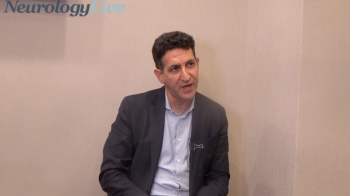
The behavioral neurologist at the Barrow Neurological Institute detailed the significance of low rates of ARIA found in lecanemab, and the direction of anti-amyloid therapies in the future. [WATCH TIME: 4 minutes]

The behavioral neurologist at the Barrow Neurological Institute detailed the significance of low rates of ARIA found in lecanemab, and the direction of anti-amyloid therapies in the future. [WATCH TIME: 4 minutes]

The professor of dementia and executive dean of the Faculty of Health at the University of Plymouth provided perspective on the SYMBAD trial, and eliminating the use of mirtazapine and carbamazepine as medications to treat Alzheimer agitation.
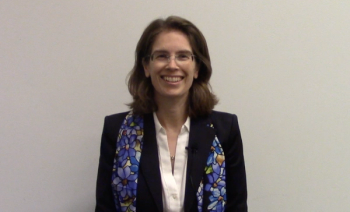
The professor of neurology at Washington University in St. Louis, spoke about sleep-wake patterns in epilepsy based on a special lecture from the 2022 AES Annual meeting. [WATCH TIME: 6 minutes]
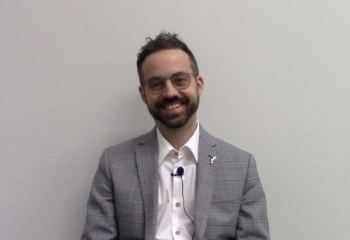
The associate professor of neurology at the University of Calgary spoke about advancing epilepsy care through patient-oriented research at the 2022 AES Annual Meeting. [WATCH TIME: 6 minutes]

Retrospective analysis of a group of individuals with stroke suggests that nonconvulsive acute symptomatic seizures are associated with long-term use of antiseizure medications, providing key data in guiding therapy use in this population.

Lucretia Long, APRN-CNP, an associate clinical professor of neurology at OSU Wexner Medical Center, offered her perspective on the benefits of having multiple specialists available to provide comprehensive care to patients.

Notably, though, cenobamate treatment was associated with weight reductions among patients who were categorized as overweight and obese, but not in those who were underweight or normal weight.
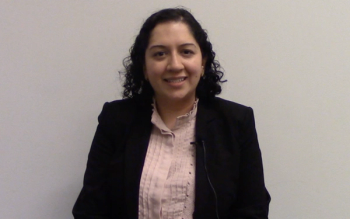
The associate professor of neurology at Wayne State University in Detroit, Michigan, spoke about expensive antiseizure medications for epilepsy along with spending for Medicare and Medicaid at the 2022 AES Annual Meeting. [WATCH TIME: 4 minutes]
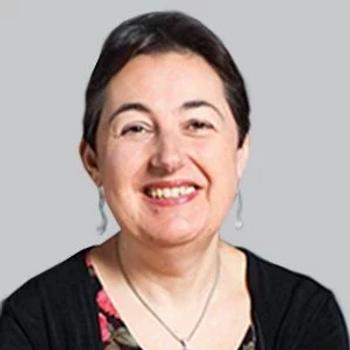
The investigational therapy from Xenon Pharmaceuticals showed marked reductions in monthly seizure frequency from months 14 to 20, with consistent safety and good retention rates.
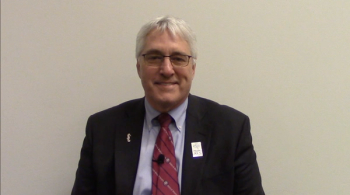
The professor of neurology at Washington University in St. Louis, and the president of the American Epilepsy Society, shared his perspective on John Hughlings Jackson’s observations of epilepsy in the brain and how it can inform modern practice. [WATCH TIME: 5 minutes]

A survey conducted in conjunction with the Dravet Syndrome Foundation suggests that many patients with DS do not undergo the transition of care from pediatric to adult neurology providers, with caregivers of those who did expressing some concerns about the process.

Recent findings presented in a poster at the 2022 AES revealed that higher mortality and shorter lifespans were associated with patients with dementia who have active seizures.
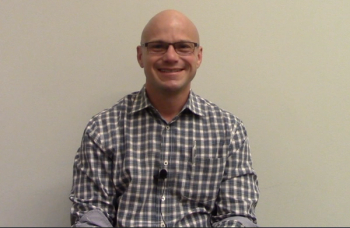
The assistant professor in the department of pharmacology and chemical biology at Emory University School of Medicine spoke about immune cells in epilepsy based on his special lecture at the 2022 AES Annual Meeting. [WATCH TIME: 4 minutes]

A retrospective observation study presented as a poster at the 2022 AES annual meeting revealed that youth with focal epilepsy were more at risk for suicidal ideation when there is a delay in receiving a diagnosis.

Data from the Pediatric Epilepsy Learning Healthcare System suggest that a variety of factors—including age, preference, insurance, and demographics—affect physician selection of antiseizure medications, with little standardization among this population.

Test your neurology knowledge with NeurologyLive®'s weekly quiz series, featuring questions on a variety of clinical and historical neurology topics. This week's topic is the history of the American Epilepsy Society.
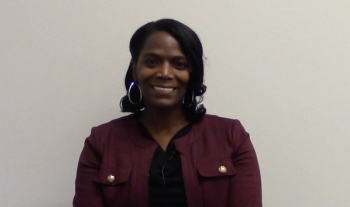
The associate clinical professor of neurology at OSU Wexner Medical Center discussed the state of interdisciplinary care for individuals with epilepsy, and how these care teams operate. [WATCH TIME: 2 minutes]

Data from the BUTTERFLY study of 36 children with Dravet syndrome have provided 12-month measurements of neurodevelopment, clinical status, quality of life, and executive function. Investigators expressed that these data will help inform future trial outcome measures.

Zachary Grinspan, MD, MS, a pediatric epilepsy specialist at Weill Cornell Medicine, in New York City, spoke about the analysis of large amounts of data on pediatric epilepsy at the 2022 American Epilepsy Society Annual Meeting.
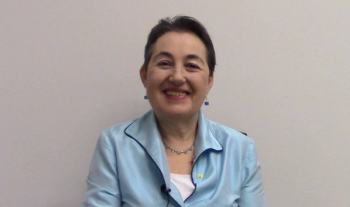
The professor of neurology at NYU Grossman School of Medicine and chief medical officer of the Epilepsy Foundation discussed the critical need to ensure the proper classification of seizures when enrolling patients in clinical trials. [WATCH TIME: 4 minutes]
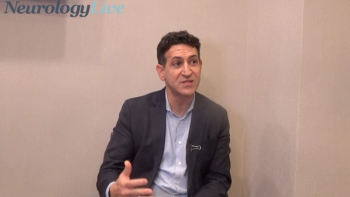
The behavioral neurologist at the Barrow Neurological Institute provided perspective on the safety profile of lecanemab and the importance of a low incidence of amyloid-related imaging abnormalities. [WATCH TIME: 3 minutes]
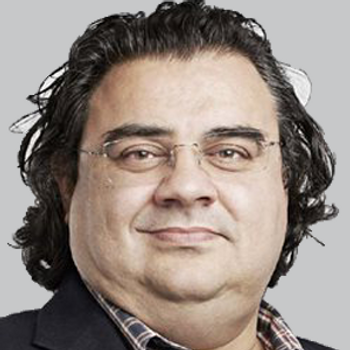
Over a 12-week treatment period, investigators found no significant differences in mean Cohen Mansfield Agitation Inventory scores between mirtazapine and placebo, with similar rates in adverse events.
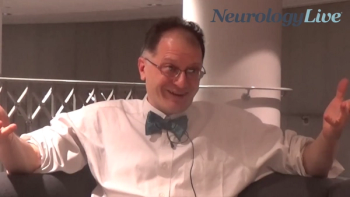
The senior research scientist at the Institute for Systems Biology spoke about changing the perception of clinical trials for Alzheimer disease research based on the COCOA trial presented at the 2022 CTAD conference. [WATCH TIME: 2 minutes]

Across 3 trials in patients with Alzheimer disease agitation, brexpiprazole doses of 2 or 3 mg/day was safe and showed a statistically significant improvement vs placebo in agitation.
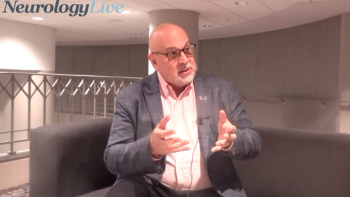
The director of the Comprehensive Center for Brain Health at the University of Miami Miller School of Medicine discussed the treatment differences and unmet needs between dementia with Lewy bodies and Alzheimer disease. [WATCH TIME: 4 minutes]

The senior research scientist at the Institute for Systems Biology spoke about his presentation on multimodal clinical and lifestyle interventions that improve cognitive outcomes at the 2022 CTAD conference. [WATCH TIME: 4 minutes]

Over a 12-week treatment period, irsenontrine was well tolerated across both amyloid positive and negative patients, with no significant difference in pharmacodynamic responses or change in central nervous system biomarkers.
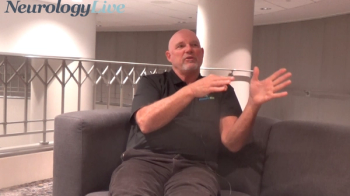
The president and chief executive officer of INmune Bio detailed the mechanistic advantages of XPro1595 as a potentially therapeutic benefit for patients with Alzheimer disease and dementia. [WATCH TIME: 5 minutes]

Over a 6-month period, percent change and mean change in brain amyloid levels significantly favored donanemab over aducanumab (Aduhelm; Biogen).

An ongoing phase 1b/2a clinical trial showed that both the ACI-35.030 and JACI-35.054 vaccines are safe as a treatment for patients in the earlier stages of Alzheimer disease, the authors suggested ACI-35.030 suggested as the superior vaccine candidate.